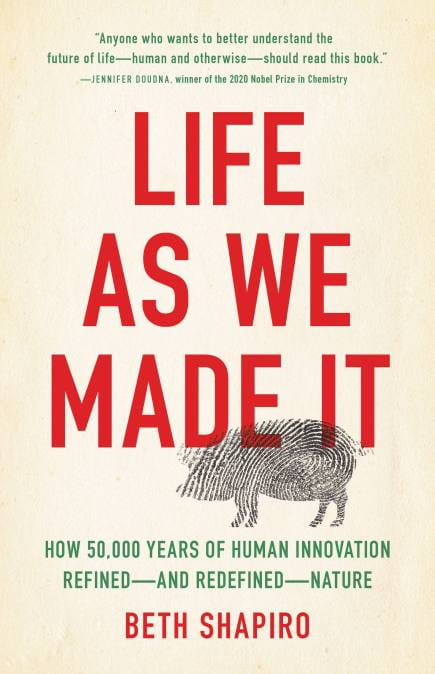Wednesday, January 19, 2022
4:00 PM – 5:30 PM
Zoom Registration
Join SJRC scholars for an open discussion of works-in-progress! This is a wonderful chance to engage with one another’s ideas, and support our own internal work.
At this session, we will hear from Daphne Martschenko, a Research Fellow at the Stanford Center for Biomedical Ethics and collaborator Sam Trejo, an Assistant Professor in the Department Sociology and a faculty affiliate of the Office of Population Research at Princeton University, on how ethical, anticipatory genomics research on human behavior means celebrating disagreement.
Despite the many social and ethical considerations in human genetics, researchers and communities remain largely siloed as for-profit direct-to-consumer genetic testing and the application of polygenic scores to in vitro fertilization services become increasingly prevalent. The multifaceted challenges facing genomics, both empirical and ethical, require collaborations that foster critical dialogue and honest debate between communities inside and outside the research enterprise. This works-in-progress argues that in order to respond to the premature or inappropriate use of genomic data in industry, the scientific community needs to embrace, understand, and be in dialogue about its disagreements. We begin by introducing the research framework of adversarial collaboration as a way to celebrate disagreement and then discuss ideas from the Genetics & Social Inequality chapter of our ongoing book project ‘Debating DNA’.
Sam and Daphne are currently writing a book together for Princeton University Press that unpacks various social, ethical, and policy issues related to the DNA revolution. Their goal is to present a genuine middle ground, moving past the dichotomies—interpretivist vs. positivist, qualitative vs. quantitative, optimism vs. pessimism regarding biological explanations—that vex the biosocial sciences.
Daphne O. Martschenko PhD, is a Research Fellow at the Stanford Center for Biomedical Ethics and co-organizer of the international Race, Empire, and Education Research Collective. Daphne’s work advocates for and facilitates research efforts that promote socially responsible communication of and community engagement with social and behavioral genomics.
Sam Trejo PhD is an Assistant Professor in the Department Sociology and a faculty affiliate of the Office of Population Research at Princeton University. He is quantitative social scientist interested in how social and biological factors jointly shape human development across the life-course and specialize in quasi-experimental, biosocial, and computational methods. Sam’s research capitalizes on two data sources that, until recently, were unavailable to researchers: (1) large administrative datasets and (2) longitudinal studies containing molecular genetic data.

